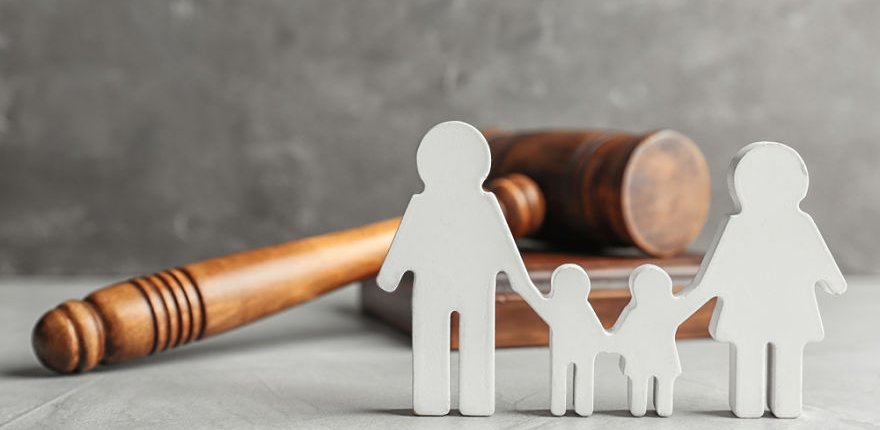Both Power of Attorney (POA) and Guardianship have quite similar abilities when they come into action. However, there are some significant differences between these two legal instruments.
When caring for a friend or relative suffering from illness or the results of advanced age discussions may arise about the next steps of estate planning. This will often give individuals cause to consider either Power of Attorney or Guardianship as a solution.
This article looks at how to choose the right legal document that can give the right care to the incapacitated person. It explains what differences there are between a Power of Attorney and Guardianship as well as when either instrument may be a necessary step to ensure the concerned individual’s wellbeing is maintained.
What is a Power of Attorney
A Power of Attorney document is an important estate planning legal instrument that allows an individual (known as the principal) to appoint an agent (or Attorney-in-Fact) to manage either their medical or financial necessities and to make decisions on their behalf if they are incapacitated or absent.
The big advantage that a POA offers is that it allows you to name an agent before becoming incapacitated. A durable Power of Attorney can continue in effect until the principal dies or the document is revoked.
This allows you to have the most control possible over your estate when you reach old age or to prepare in case of injury or disability. It gives you full responsibility for who is appointed to take care of your affairs for you. It will often also allow you to specify your exact wishes for what they can and can’t do legally.
Read more: How to Get a Power of Attorney for Someone Who Is Incapacitated
What is Guardianship
Guardianship is similar in some ways to a Power of Attorney as it allows someone (the guardian) to make personal or financial decisions for another person (known as the ward). However, the appointment of a guardian is normally more far-reaching as it has to be done through a courtroom process.
Legal Guardianship might be put into place to safeguard the wellbeing of an individual who is either:
- Under 18 years of age
- Has been incapacitated mentally through injury or illness
- Has reached an advanced age and can no longer take care of themselves
- Is disabled, reaching adulthood and requires ongoing care
- An adult displaying behavior that could harm themselves or others.
A guardian (also known as a conservator) can hold many responsibilities that are similar to a Power of Attorney. However, the major difference is that to obtain this legal status it is necessary to petition a court and ask a judge to arbitrate.
Guardianship is a less flexible process of appointing someone to make decisions for an incapacitated individual. It is overseen by the courts and doesn’t allow as much personal control for either the ward or the appointed conservator as powers of attorney may do.
Additionally, guardians of incapacitated people might also need to seek the presiding court’s permission before carrying out major transactions. This is the case for instance for the sale of a property in the ward’s name.
Read more:How To Terminate Temporary Guardianship Without Going to Court
When is a Guardian Appointed?
Guardianship is normally implemented when all other alternatives have been tried and haven’t worked. This could be for a number of reasons.
For example, guardianship of an incapacitated person with a POA may become a realistic option if a dispute has occurred between co-agents, an agent has resigned and no replacement has been named or the agent of an incapacitated principal has been asked by a concerned party to step down and has refused.
Additionally, family or friends may seek guardianship of an incapacitated relative if no Power of Attorney has been created for the concerned individual and/or no care or estate planning has been put in place. In all these situations a judge may be required to arbitrate.
If any of these circumstances occur, the court will normally appoint temporary guardianship of the ward while proceedings continue. The judge ultimately has final say over who the conservator will be and once they have been appointed they will need to report their activities to the court.
Judges also can decide whether the guardianship will continue beyond any dispute proceedings and/or if a new Power of Attorney can be put into place for the principal.
Does Guardianship Override Power of Attorney
Normally, if mandated by a court, legal guardianship will supersede a Power of Attorney that is already in effect. This is often because the POA is no longer able to be carried out properly or a legal challenge has invalidated its authority for one of many reasons.
Conservatorship is normally the last resort of family members caring for an ill or aged individual. However, it is a necessary step in some cases, even if a Power of Attorney has been put in place.
If you are thinking about the future of your estate and your care needs during old age, now is the time to act. Create your own Power of Attorney document now with LawDistrict’s easy to use tools. Click below to generate your own personalized legal instrument.
Create an Official POA Now


